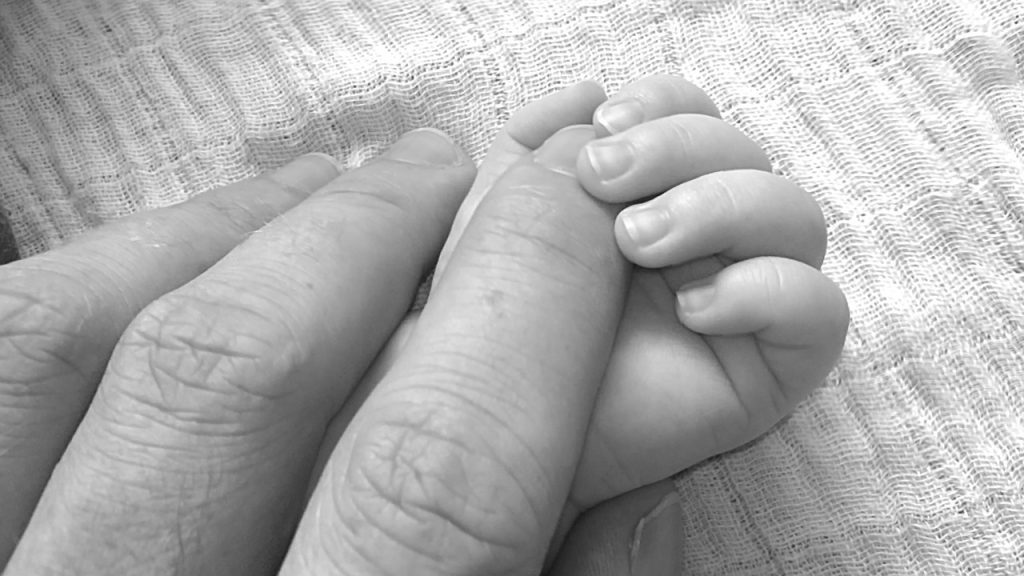There’s no denying that first lung full of fresh air you take after having your baby. Only mothers understand the feeling as the sun comes up after the birth and seeing the most beautiful sunrise of all time. Suddenly nature is 100 x more beautiful than it has ever been, and your precious bundle of joy is a product of that.
However there is one subject that isn’t talked about enough. After the birth of a new baby few would care to admit that they aren’t finding the joy in everyday life as they used to.
Some couples may have tried hard to conceive, and all they ever wanted was this bouncing bundle of joy but now the baby is born they find themselves crying on a daily basis and finding it difficult to cope with everyday life.
Women need to understand that postnatal depression is not a sign of failure. There are many contributing factors that would be challenging at any stage of life, yet after a baby these factors are compounded into a short space of time leaving your body and mind exhausted and prone to mental health issues.
After the birth of a baby a woman will experience the baby blues. Hormones will crash and the new mother may feel teary and emotional, yet when these symptoms persist past the first week it is time to have a chat with the doctor.
These symptoms can be prolonged due to the nature of bringing a baby into the world. Your body is exhausted and most probably very sore, your mind will feel like it has permanent PMT, if breastfeeding your hormones will not be the same as prenatally, and sleep may seem like a luxury you can’t afford.
You may look at your new baby with its tiny fingers and toes, its button nose and gurgles and think, “how could anyone be depressed with such a wonderful gift,” yet that is the time when you need help the most.
Postnatal depression is not easily fixed by the individual. A doctor’s advice, even medication, is required to overcome it, yet most women are loathing admitting they are not coping as well as they envisaged.
It is worth noting that one in ten women will suffer from postnatal depression, so you are not alone, and you are not the first person your doctor has seen about it. Your doctor will ask questions, he will be sympathetic and decide the best course of action for you.
Overall it is best to nip postnatal depression in the bud early. As soon as you see the signs, ask for help, the sooner you are on the road to recovery, the sooner you can enjoy your new life as a mummy.


